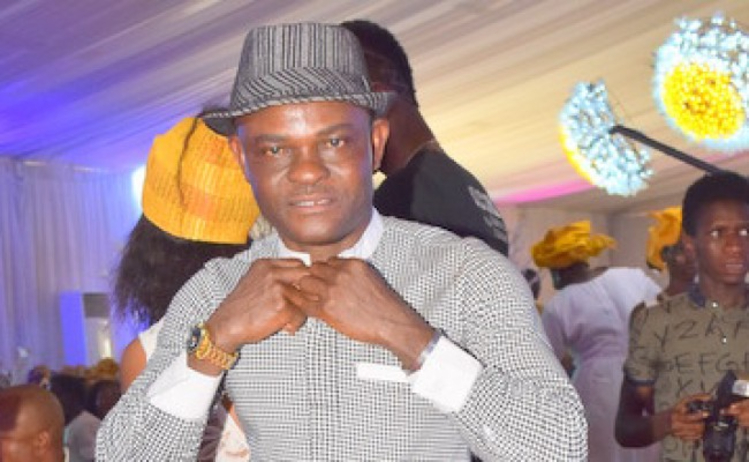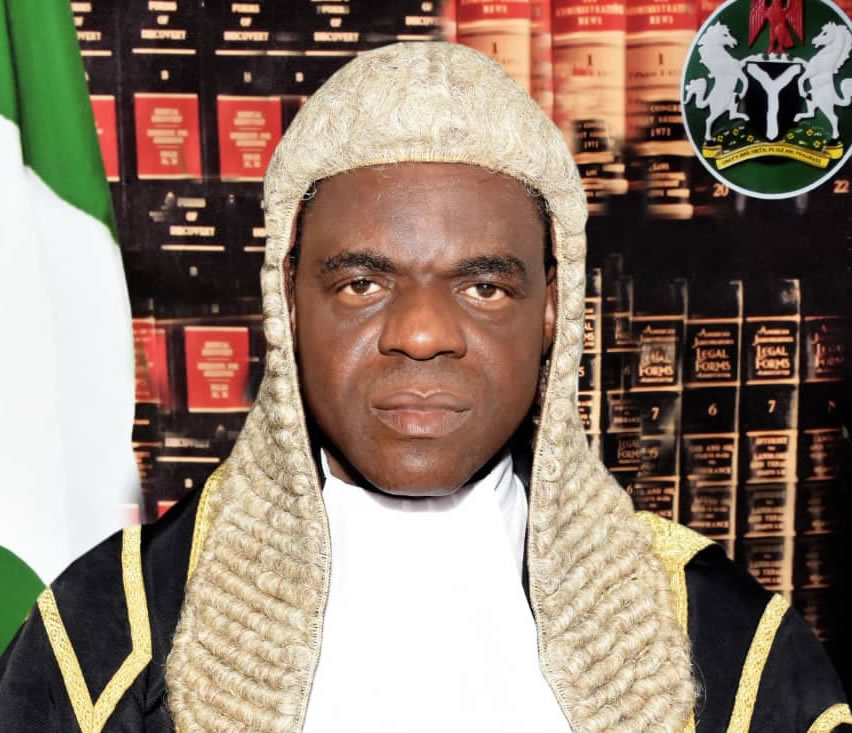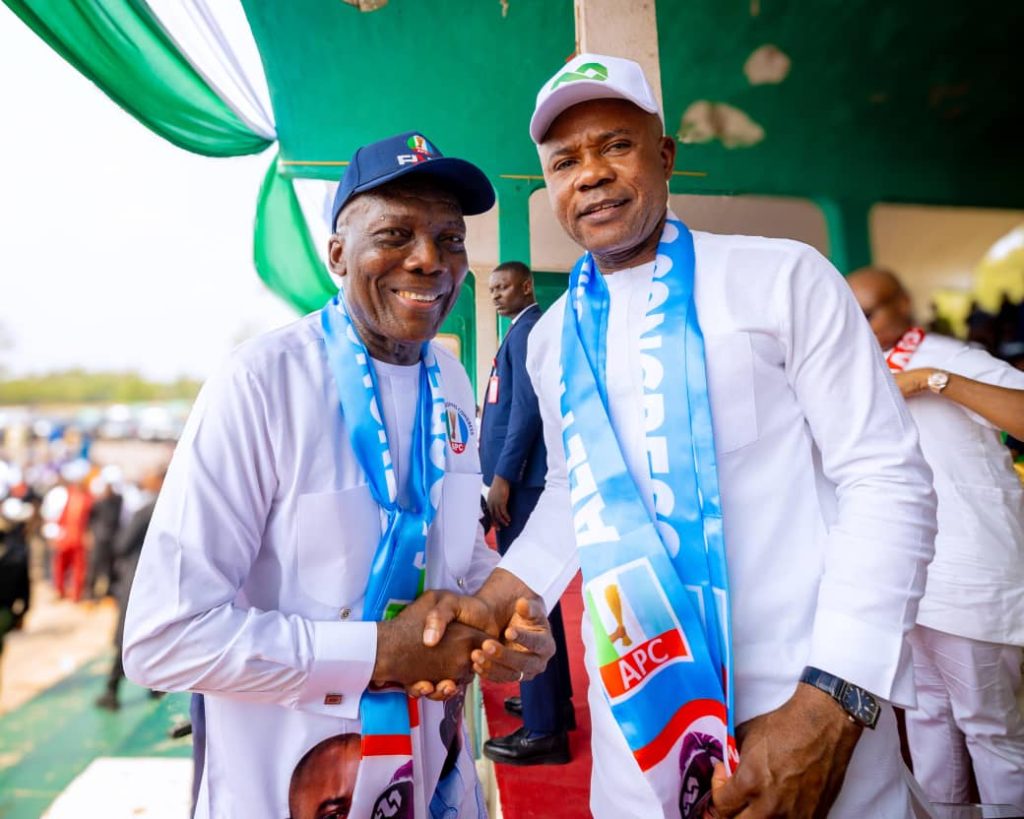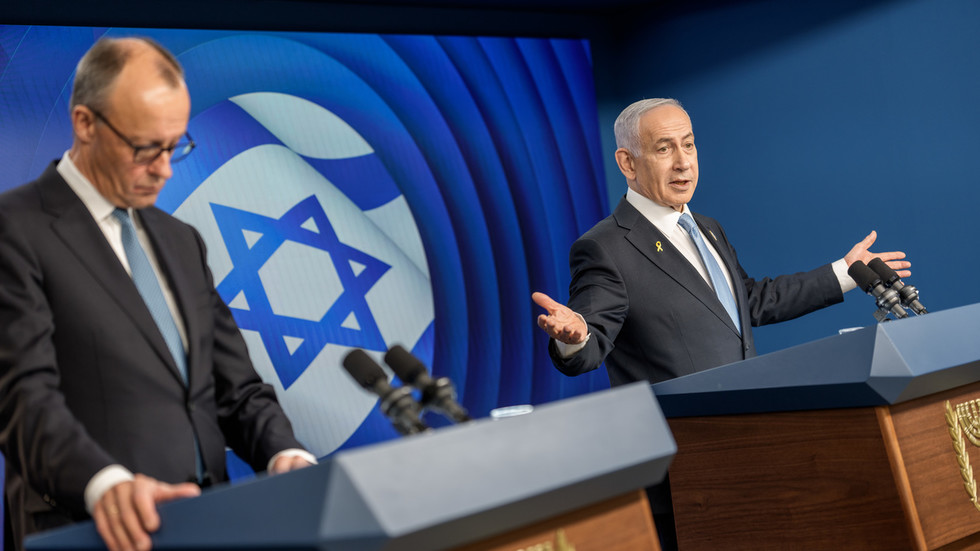In a dramatic turn of events, the Democratic Republic of Congo’s public prosecutor has called for the death penalty for former President Joseph Kabila, who is being tried in absentia for a string of serious charges. The accusations against Kabila, who ruled the country from 2001 to 2019, include treason, war crimes, and supporting the notorious M23 rebel group.
Kabila’s rise to power was marked by controversy from the outset. He took the reins at just 29 years old, following the assassination of his father, former President Laurent Kabila. During his tenure, Kabila delayed elections for two years past his term, sparking widespread unrest and criticism from the international community. The government now accuses him of backing the Rwanda-supported M23 rebels, who have made significant gains in recent months, capturing major cities in eastern Congo.
The prosecution’s case against Kabila took a significant step forward in court, with Gen. Lucien René Likulia requesting a 20-year sentence for Kabila’s alleged condoning of war crimes and 15 years for conspiracy. Although no further details were provided, the move has been seen as a major escalation in the trial. Kabila’s immunity as a senator for life was revoked in May, paving the way for the trial to proceed.
However, not everyone is convinced of the trial’s legitimacy. Kabila’s allies have denounced the proceedings as politically motivated, with former Minister Ferdinand Kambere describing the move as “a disgrace for the Republic.” Security analyst Henry-Pacifique Mayala has also weighed in, suggesting that the prosecution’s case appears more like a “settling of scores” than a genuine pursuit of justice.
The trial has significant implications for the region, with the M23 rebel group’s activities causing widespread instability and humanitarian concerns. Kabila’s current whereabouts remain unknown, having returned from self-imposed exile in April to Goma, a city under rebel control. The fact that he arrived in a city controlled by the very group he is accused of supporting has raised further questions about his ties to the insurgency.
As the trial continues, many are watching with bated breath to see how the situation will unfold. A verdict date has not been set, leaving the former president’s fate hanging in the balance. The international community will be keenly observing the developments, given the potential consequences for the region’s stability and the pursuit of justice in the Democratic Republic of Congo.



